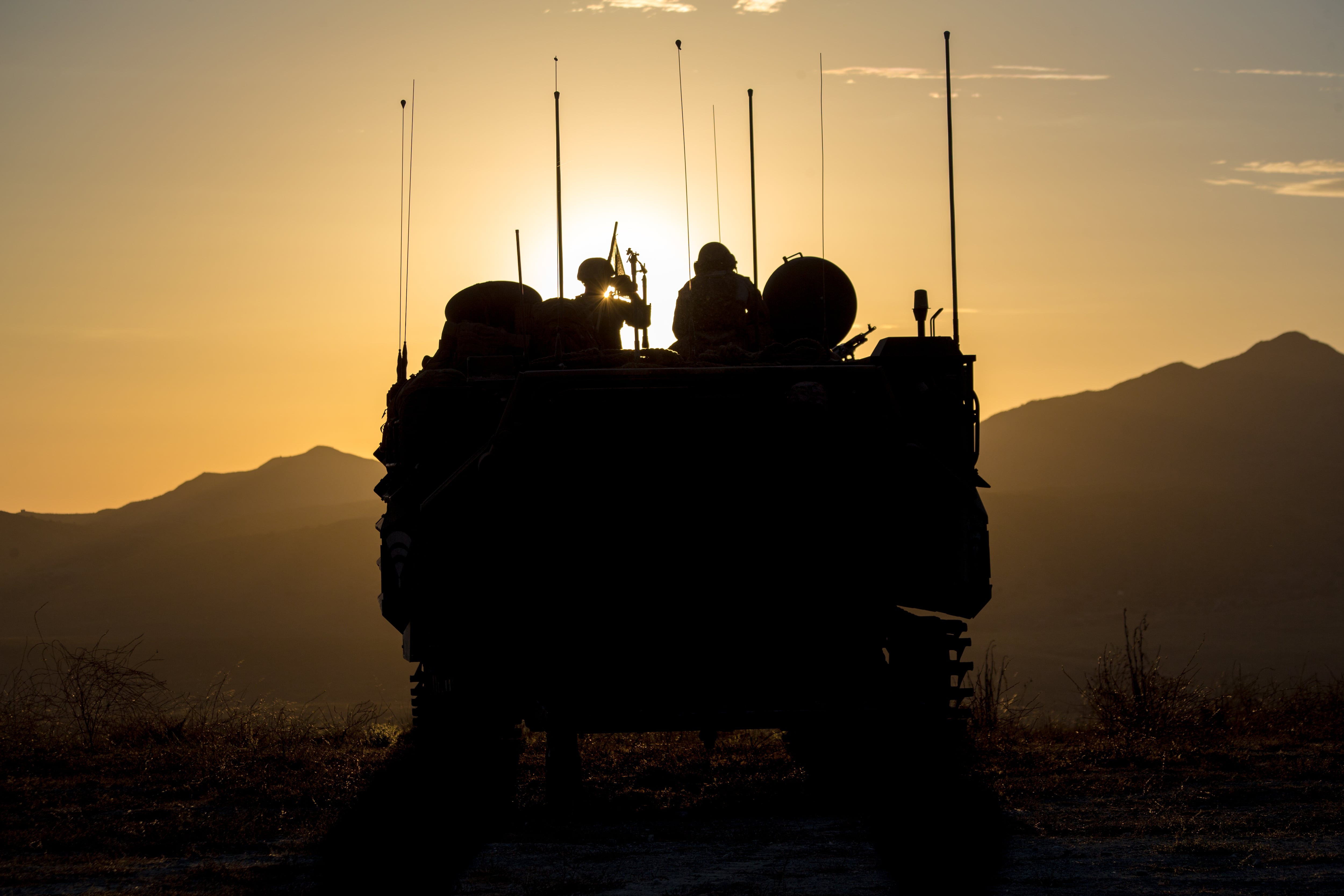For my generation of veterans that came of age in the aftermath of the terror attacks on Sept. 11, 2001, and subsequently fought in the longest wars in American history, there is a signature injury that has impacted nearly three in ten of us: post-traumatic stress disorder, or PTSD.
PTSD is not just a medical diagnosis but a poignant symbol of a collective, enduring struggle. While we’ve seen resources and treatments provided for PTSD increase as well as a broader acceptance for those impacted by this injury, we’ve also seen these men and women viewed as though they’re broken.
Veterans who embody the ethos of post-traumatic growth — the positive psychological change experienced as a result of overcoming highly challenging and stressful life situations — push back against that “broken” narrative. I urge you to join Josh Goldberg, CEO of Boulder Crest, in marking June 13 on your calendar as National Post-Traumatic Growth Day.
We have seen examples of post-traumatic growth throughout history, where significant adversity can spark substantial progress and change. Since our nation’s founding, waves of American veterans have demonstrated how they’ve become incredible civic assets after their military service. From George Washington to Dwight D. Eisenhower, John McCain and Colin Powell, these veterans became icons of American statesmanship.
Post-traumatic growth doesn’t just apply to politics and public service. We also see growth in the entrepreneurial spirit in veterans who started small businesses and went on to become titans of industry. Today, there are 2.5 million veteran-owned companies, exemplified by decorated Iraq War veterans like Blake Hall and Dawn Halfaker.
After Hall’s 2004 Vanderbilt Army ROTC commissioning, he became a rifle platoon leader and served in Iraq, twice earning the Bronze Star. After his Army service, he graduated from Harvard Business School and started ID.me in 2010, which simplifies how individuals securely prove and share their identity online. Dawn Halfaker, a 2001 West Point graduate, earned the Purple Heart and Bronze Star for her service in Iraq in 2004. She came home as an amputee and founded Halfaker and Associates two years later. She now runs HAFCO Holdings LLC as well as Continuing to Serve, a non-profit supporting veteran entrepreneurs.
John F. Kennedy was once asked what actions led him to become a war hero, which launched his career in public service. “It was involuntary — they sank my boat,” he said. My post-traumatic growth occurred in the same vein. I returned from an Iraq deployment with the 82nd Airborne Division’s Falcon Brigade in 2004 with the burden of 19 paratroopers killed in action. Spurred to live a life worth their sacrifice, I aimed to become the man I thought they would want me to be, and to live a life of meaning. I became the first Iraq War veteran elected to Congress, leading the effort to repeal “Don’t Ask, Don’t Tell” and serving as the co-sponsor of the Post-9/11 G.I. Bill, which has sent more than 1.1 million people to college. As the 32nd Undersecretary of the Army, I pushed for policies to reduce the stigma of seeking help, resulting in the addition of embedded behavioral health teams at the battalion level.
One key way to experience growth after service is by stoking the fires of the post-9/11 generation’s entrepreneurial spirit. This is why I’ve leaned on a generation of veterans who preceded me, like Alex Gorsky, the former CEO of Johnson & Johnson and Bob McDonald, the former CEO of Proctor & Gamble and the 8th Secretary of the Department of Veterans Affairs. These former soldiers and business leaders helped me achieve post-traumatic growth in the way I hope to see from others. Our generation has collectively survived the crucible of combat — running a business is a purpose-driven mission that veterans can collectively appreciate.
World War II veterans came home and took part in that same mission, and in the process, built the world’s most iconic brands, including the largest sports apparel company (Nike), the largest retailer (Walmart), and the world’s biggest media company (Comcast).
In contrast, fewer than 5% of post-9/11 veterans start their own business today. But it’s more than just access to capital. As post-9/11 veterans, we must define who we are and, more importantly, who we can become. It took more than five decades for the WWII generation to be defined as “the greatest generation” by Tom Brokaw — after two decades of war, we cannot afford to wait five more decades to define our generation’s continued service.
This generation’s veterans are more likely to be employed, more likely to vote in elections, and yes, more likely to start a successful small business. The Halls and Halfakers will become the next Phil Knight or Ralph Lauren if given the chance. This begins today, on National Post-Traumatic Growth Day, as we recognize, celebrate, and properly frame post-traumatic growth — the opportunity our generation has to overcome the toughest of circumstances to turn our struggle into success.
Patrick J. Murphy is a decorated Iraq War veteran, venture capitalist, Wharton Business School lecturer. He was the first Iraq War veteran elected to Congress and served as the 32nd Undersecretary of the Army.
As a partner in Stony Lonesome Group, Murphy’s venture capital group is an ID.me investor. He serves with Dawn Halfaker on the board of Drexel Hamilton.





